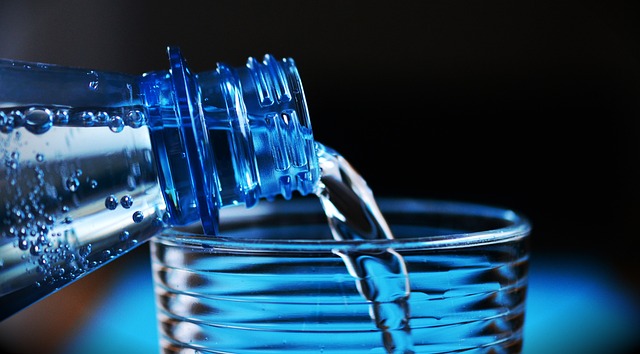71% of the US population relies on tap water as the primary source of drinking water daily! And an average person requires around 2.5 liters of water to maintain optimum health. However, some people are concerned with their tap water being hard and find hard water not palatable for regular use. Also, because hard water leaves stains and residue, people think drinking it all together is unsafe. However, several studies have come up with new findings, ensuring that drinking hard water has a positive effect on mortality from Cardiovascular Diseases (CVDs).
Drinking Hard Water Has A Positive Effect On Mortality – What Is Water Hardness?
According to scientific evaluations, water hardness is the amount of minerals present – ideally Magnesium and Calcium in water. As per WHO – In drinking water, 10–500 mg of calcium carbonate per liter is labeled hard water. Usually, water hardness is deemed to affect pipes, household fixtures, and bathroom tiles negatively. Also, this water type causes skin and hair dryness! However, when it comes to the wellness of physical health, results suggest that drinking hard water has a positive effect on mortality from CVDs.

The general rule is to consume water with hardness moderated between 60 mg/L and 120 mg/L. And people are usually advised not to consume beyond 170 mg/L. As such, a quantity indicates very high levels of magnesium and calcium.
How Drinking Hard Water Has A Positive Effect On Mortality From CVDs?
Cardiovascular diseases are an emerging cause of worldwide deaths. Affecting almost 18 million people every year. As WHO reports, four out of five CVD deaths are because of strokes and heart attacks. Among several causes, the primary ones are unhealthy food, irregular diets, consumption of alcohol, use of tobacco, and physical inactivity. However, every problem comes with a solution; in this matter, people have a steady way out!
As per scientific research, CVDs can be prevented! The process includes reduction of salt in the diet, cessation of tobacco use, consuming more vegetables and fruit, regular physical activity, and avoiding alcohol consumption. However, people forget to mention water and its quality in the process. However, in-depth research and quantitative analysis concluded that high drinking water hardness can significantly diminish the effect on mortality from CVDs.

A research team developed a formally organized study, including quantitative and qualitative research. It was performed in three databases: Web of Science, PubMed, and Scopus. The project was registered under the (PROSPERO) International Prospective Register of Systematic Reviews. Seventeen out of twenty-five qualitatively analyzed studies indicated a significant relation between the water hardness level and protection from CVD mortality.
Countries At Most Risk From Water Crisis
As per reports, two-thirds of the world’s population experience severe water scarcity during any particular month of the year. According to the Global Water Institute’s estimation, around 700 million people will be displaced by 2030, leading to intense water scarcity. With time, water scarcity has been upgraded as a gender-specific problem! It is a women’s issue, as UNICEF labels the same. In areas of scarcity, girls and women spend an estimated 200 million hours traveling miles to fetch fresh water daily! It’s “a colossal waste of time.”
Moving on, here is a list of the countries for whom fresh drinking water is already a larger challenge and will soon become more complicated with time.
- Lebanon
- Pakistan
- Afghanistan
- Turkey
- Syria
- Burkina Faso
- Nepal
- Niger
- Sudan
- Iraq
Common Waterborne Diseases
Millions of people are affected by Waterborne diseases, primarily those residing in developing countries without safe drinking water. Waterborne diseases result from illnesses caused by bacteria and viruses ingested through contaminated water. Here is a complete list of the different disease types:
- Typhoid Fever
- Cholera
- Dysentery
- Giardia
- Diarrhea
- Escherichia Coli
- Salmonella
- Hepatitis A
Water is a vital element of human life, a must-need for survival! However, pollution and inputs by nature bring about multiple changes to the same. Natural water is full of minerals – Magnesium, Calcium, and more. However, research indicates that this water type has the most effective outcome against cardiovascular diseases, saving lives and helping when needed.



